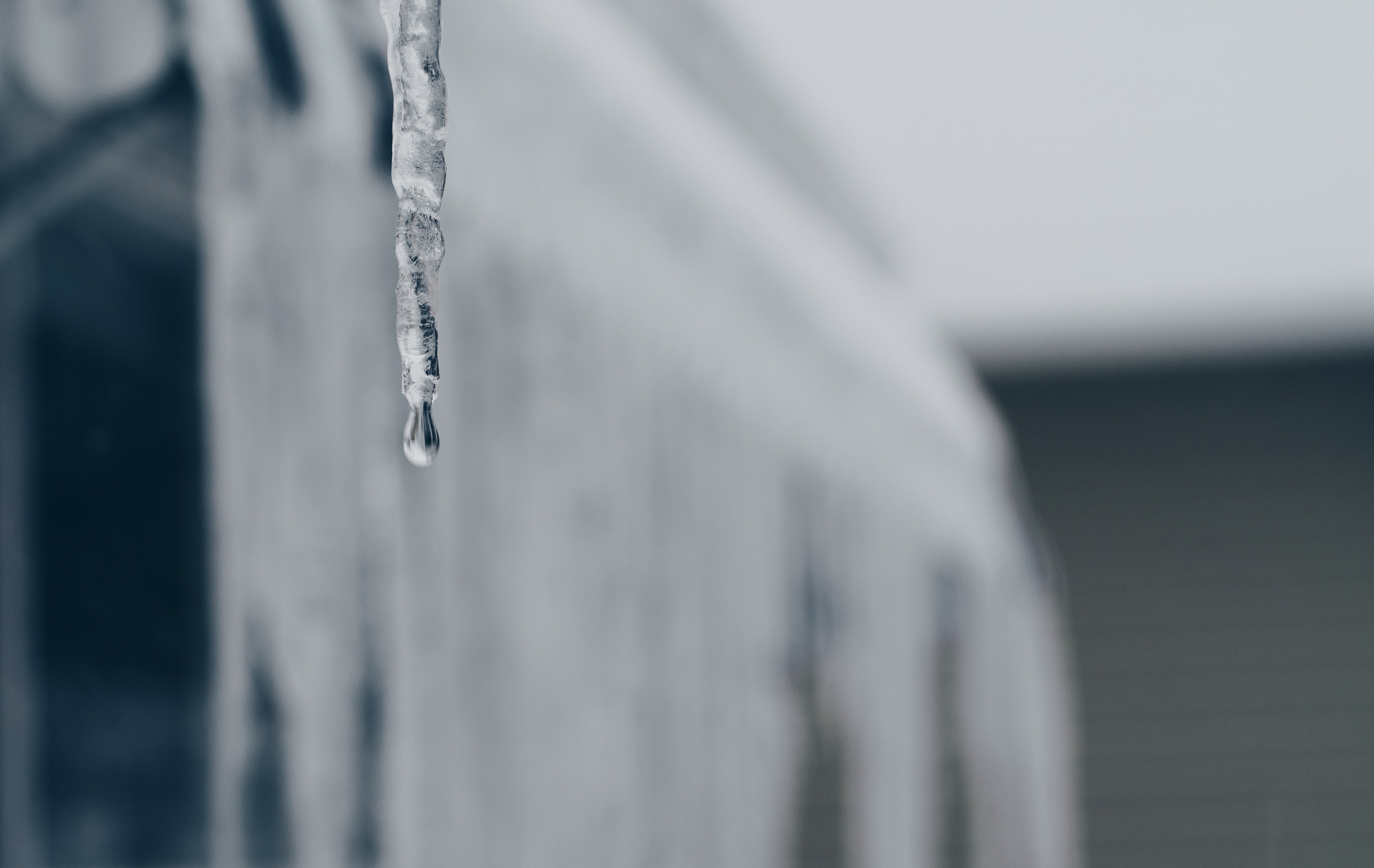Madchen
Madelaine Hanson
The snow leaked into the drains under the dry white sun. The rattle of the thaw pulled debris down the paving stones, leaving discarded pebbles by the gutter. The children played with them, finding the most interesting shape or unusual color. To them, this war was always a game. Hide and seek in air raid shelters, swirling around the lamp posts like aeroplanes, building fairy houses out of shrapnel holes. The elder ones were silent, staring, but for now, the little ones played.
For Suzanne, there were no games to play on that brisk January morning. Her left boot leaked and her socks were soaked through, leaving her bones numb. There was no rubber or metal to fix it, so the women poured wax over the holes, filling the gaps with burlap threads. The day began as it ended, sweeping up tonnes and tonnes of shattered stone, lungs burning with cold. In the summer it had been sweltering, many women working in undergarments. Now they wore dead husband’s coats and lost son’s gloves. A massive carcass of broken women moved through Berlin’s arteries, femininity carved away by the bitter Baltic wind.
A Polish woman had been shovelling next to her, silent under the gaze of a Russian guard. Their eyes had met, briefly. Very grey, almost white. As they stopped to eat, Suzanne heard herself ask a question she had not thought of.
“Do you hate me, Frau Sorswitz?”
The woman had shrugged, her head buried under a shawl.
“Your husbands, yes. But you? What did you do?”
The Polish women had come to Berlin for food, stumbling on the long roads that were littered with bullet wounds. A broken hope, for everyone was hungry here. You could get food off the Russian soldiers for sex, but you never knew if you’d come out the deal alive. They fucked like they were still in battle: sadistic, angry, vengeful. Women disappeared when they were hungry, leaving stockings on washing lines and kettles on stoves. Nothing was said. Too shameful.
They were better than when they had arrived. Hell had rained on Berlin and the cellars had shaken. When the women came to the surface, crawling into the sunlight, the skeletons of the city met their eyes. Then the soldiers had come, breaking open doors, grabbing their victims and drunkenly staggering back into the night. Some women hid their daughters under mattresses, others hanged themselves from the curtain railings. The fatherless children would arrive, when the husbands would. Suzanne thought that was deliberate. A final humiliation.
Nazis, the Russian soldiers spat at the women. Look at the great fall of the Nazis. Suzanne would say nothing, stabbing away at the twisted lumps of concrete beneath her. She took her punishment as a confession, purging her of what she had done through inaction. Why didn’t we speak out against them? The women would wonder, long into the night. Why didn’t we feel shame when we watched what the men did? Why did we watch on as our neighbours disappeared?
Other women shrugged off their shame, loudly proclaiming that they were only nationalist for the sake of their children. But that man, his name unspeakable, was honoured by no one. How come he took the easy way out and left us to this? The women had hissed in the cellars as the guns thundered. Look at us. We are rats. We live like rats.
Suzanne often found bones in the debris. Children’s clothes, bears, wedding rings. At first she had broken down, sobbing into the dry dust. Now she just shovelled, blank faced, while the children played.
Occasionally she’d stare over the graveyards of collapsed concrete, lost homes and lost families, and ask herself aloud,
What have we done.
About the author…
Madelaine Hanson is a 22-years-old writer, recently graduated from UCL, England with a BSc in Anthropology. Madchen is a short story dealing with the theme of the ‘said’ and ‘unsaid’ in the final days of Hitler’s Berlin.

